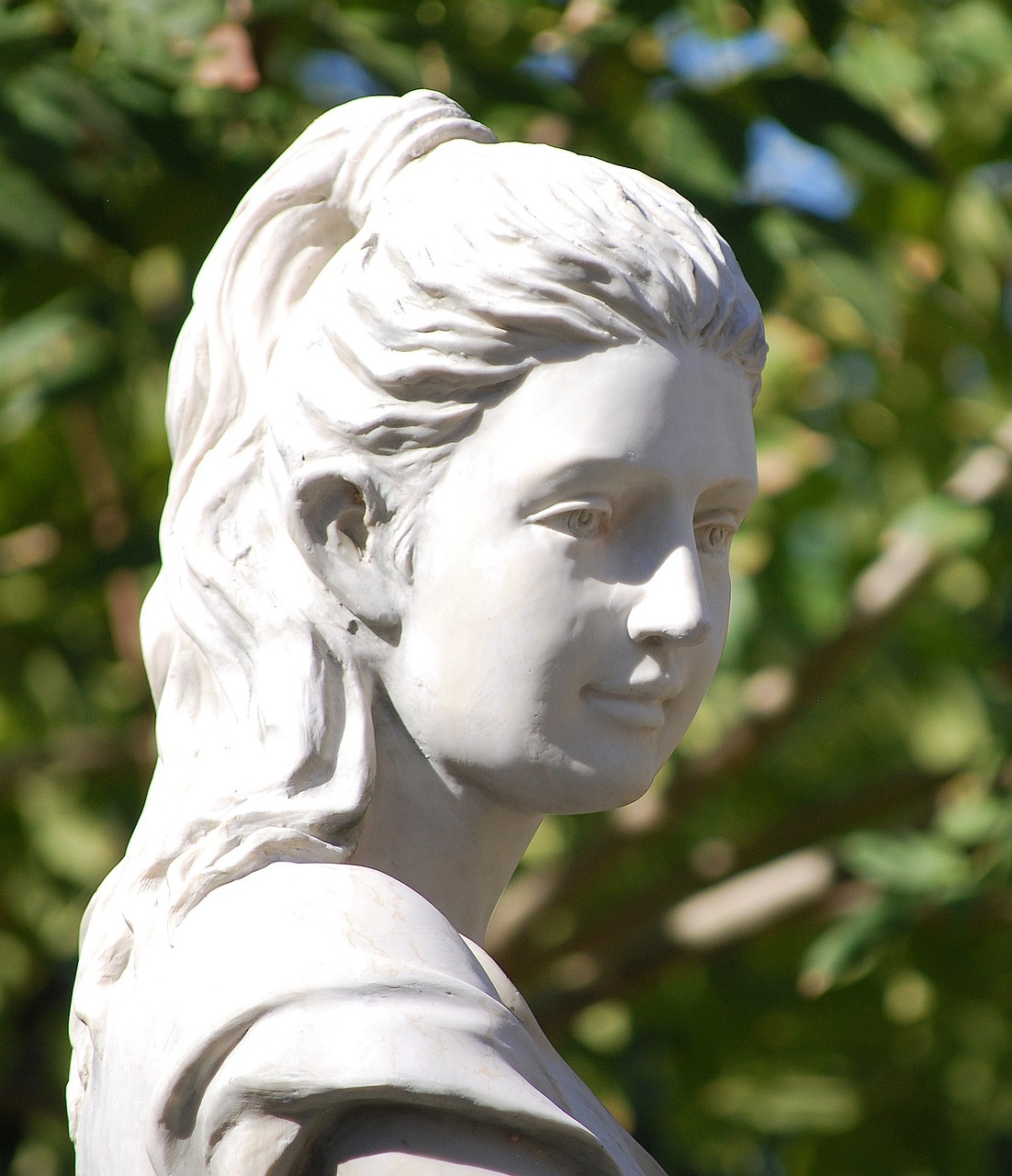Roman Religion: Insights into Beliefs and Practices
Roman religion, known from antiquity until the rise of Christianity in the 4th century CE, encapsulates the beliefs and rituals of the inhabitants of the Italian peninsula during Classical antiquity. According to Cicero, a prominent orator and statesman, the Romans possessed a unique wisdom that enabled them to recognize that all aspects of life were governed by divine authority. The foundation of their religious observations was not based on divine favor, but rather on the concept of mutual trust (fides) between the deity and the worshipper. The primary goal of Roman religious practice was to secure the goodwill and harmonious coexistence with the gods, termed as “pax deorum,” believing that divine assistance would empower them to navigate the uncertainties and fears of existence (religio).
The practice of Roman religion led to the codification of rules known as jus divinum, or “divine law,” which guided communal and individual behavior. For centuries, these guidelines focused less on moral considerations and more on the correct execution of rituals. The sanctity of these rituals was heightened by their deep-rooted association with national pride and tradition. The Romans exhibited an obsessive commitment to ceremonial precision, enabling the resurfacing of primitive thoughts despite the numerous modifications made throughout the years. This stands in contrast to Greek religion, where remnants of ancient thought are often obscured. While the Greeks had already advanced to more abstract representations of divinity, the Romans maintained their traditional rites. It was not until Greek influence took hold that they began depicting their gods in more human-like forms adorned with mythology.
The concept of “Roman mythology” is somewhat misleading; while recent excavations in Etruria revealed that the Italians were not devoid of mythical insights, their mythological narratives appear quite limited. What is commonly identified as Roman mythology often consists of borrowed stories clad in nationalistic or familial lore, rather than a robust native mythology. Unlike the Greeks, who adhered to a unified belief system, Roman practitioners relied on performing specific rites rather than holding a centralized creed. This lack of a formal doctrine led many Romans to dismiss emotional expressions as inappropriate during worship. However, tracing the development and historical context of Roman religion proves challenging due to the scant early evidence.
Notable literary contributions from antiquarians like Varro and Verrius Flaccus, along with contemporaneous poets, emerged approximately 700 to 800 years after Rome’s inception. Their works reflected a period heavily influenced by Greek narratives, complicating the accurate interpretation of early Roman traditions. To compensate for gaps in recorded history, historians often examine religious calendars, inscriptions, and a variety of artistic expressions preserved on coins and medallions.
Early Roman Religious Practices
Archaeological evidence sheds light on the conditions of early Roman religion, yet it is limited and insufficient for comprehensive reconstruction. It suggests that around the early 1st millennium BCE, inhabitants of the Alban and Sabine Hills began establishing settlements in Rome, with the Latins located primarily on Palatine Hill and the Sabines on some unidentified hill. By around 620 BCE, these communities united, and by 575 BCE, the Forum Romanum had become central to social and economic activities.
The Romans exhibited a unique understanding of divinity, often perceiving it in terms of functional aspects within daily endeavors, such as agriculture or childbirth, as well as natural phenomena like seasonal changes. This led to the development of numerous functional deities, demonstrating a form of “religious atomism” where vast divine forces were allocated to distinct life aspects. The clarity of their functions was paramount, and addressing them correctly was deemed essential to ensuring their attention. It was common practice to account for any unknown divine presence by recognizing them as “unknown” or appended with phrases respecting their varied titles.
In summary, Roman religion reflects a complex interplay of traditional practices and evolving influences, revealing how ancient Romans approached their world through a uniquely structured system of beliefs dominated by ritual and an understanding of divine function.



